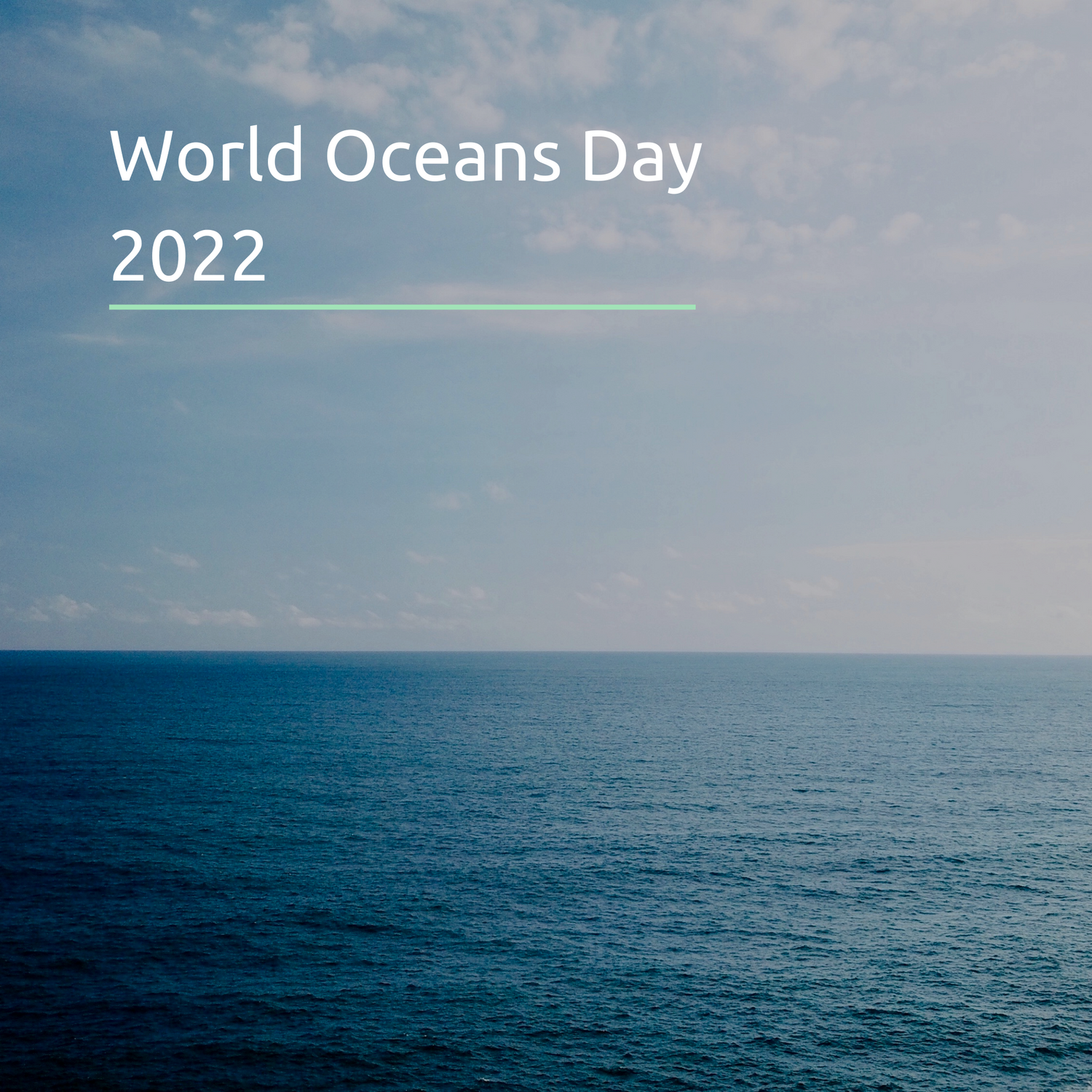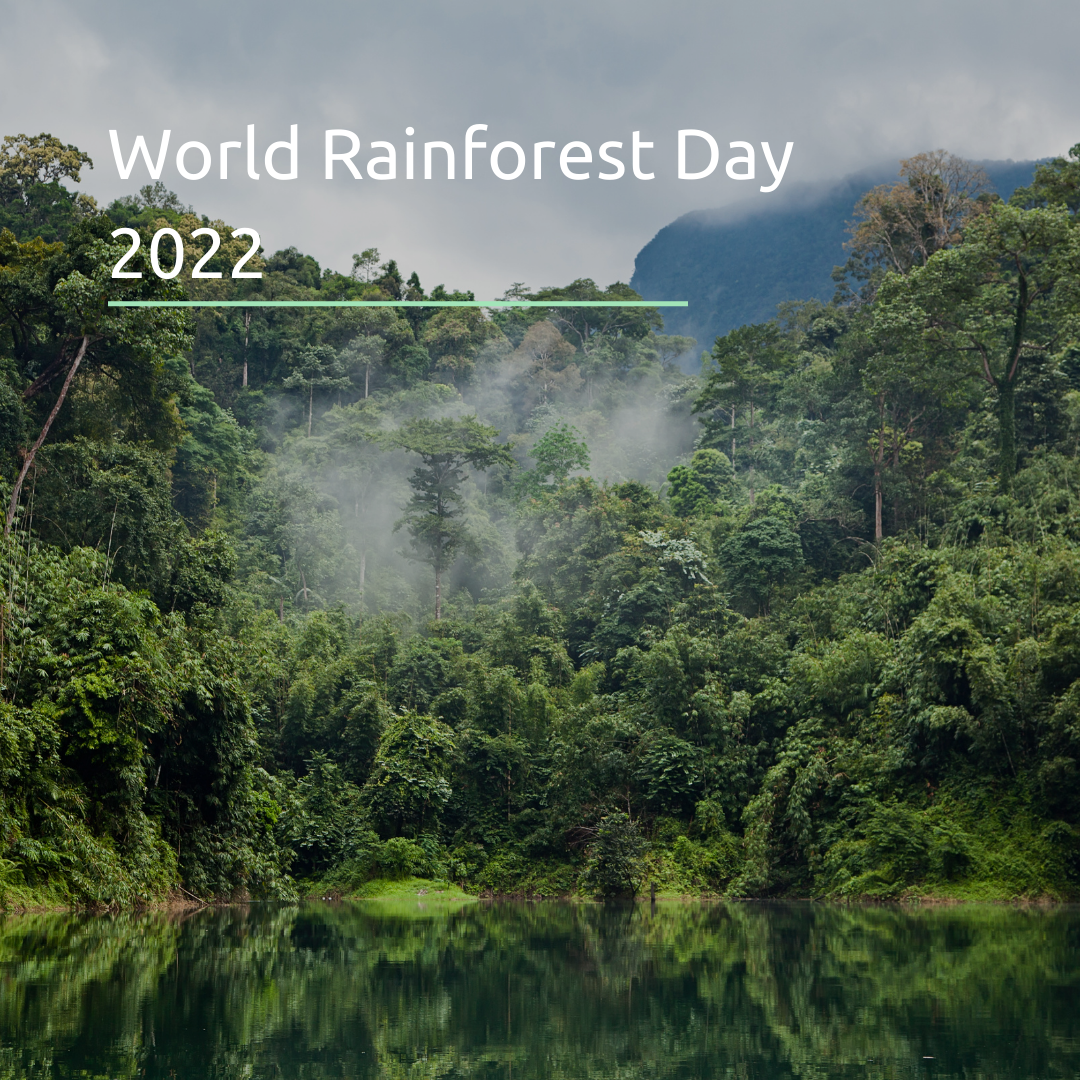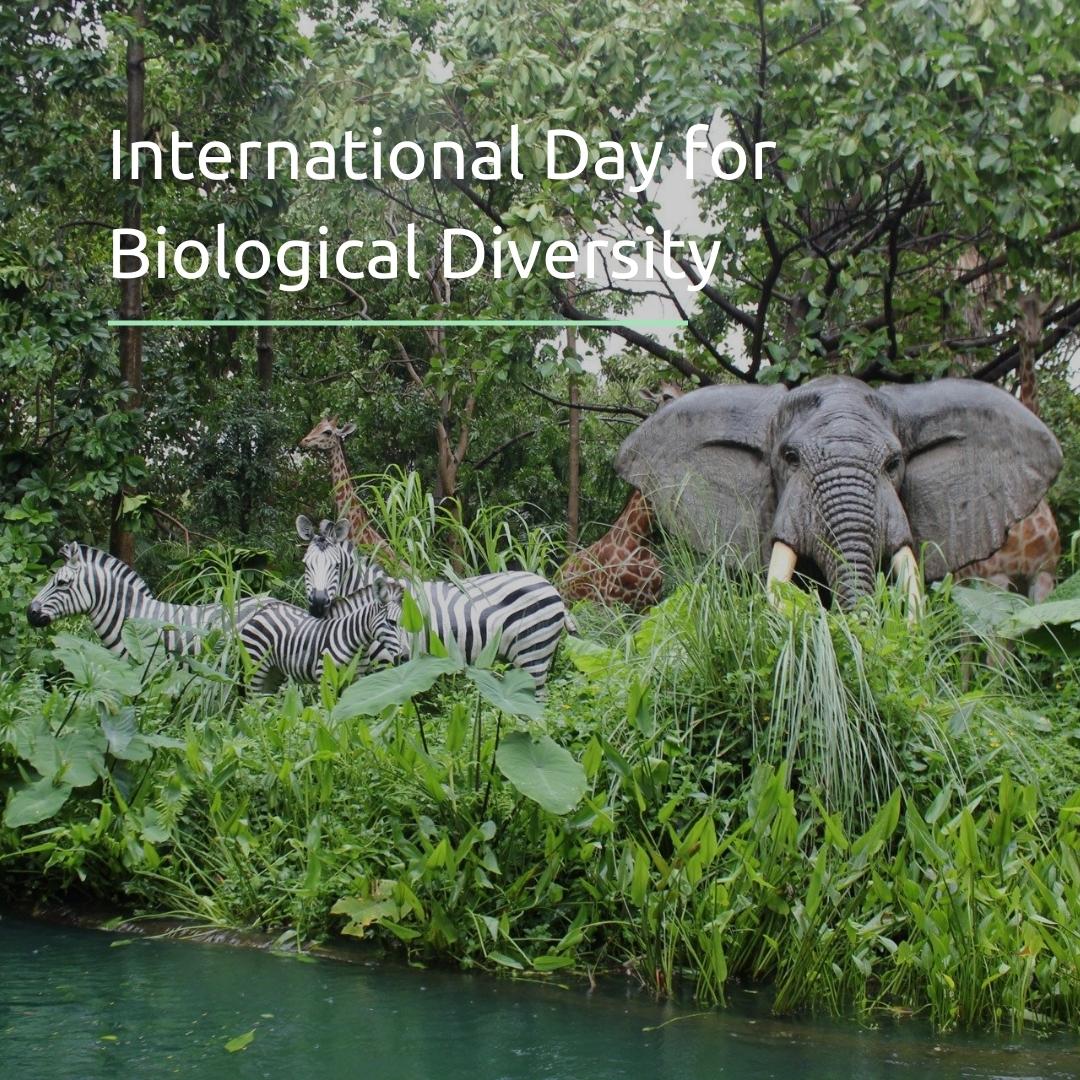June 8th marks World Ocean Day, a UN day dedicated to raising awareness on the conservation and preservation of our oceans. Oceans play a crucial role in our livelihoods, but there are events that have been damaging this ecosystem - from the ejection of microplastics into waterways, to the mass bleaching of coral reefs.
The highlighted theme this year is “Revitalization: Collective Action for the Ocean”.
The ocean connects us all regardless of who we are or where we come from. The ocean covers 70% of the planet - we’re not only surrounded by the ocean but also tied to it through our daily activities, passions or professions. It is clearly a vital resource to the global economy. We’ll dive into two sub-topics close to our hearts.
What is the fashion industry’s impact?
Research shows that 83% of microplastics can be found in drinking water globally. These microplastics have also been found in salt, fish, beer and even the clothes that we use. Daily consumption and waste is threatening the ocean ecosystem, and the fashion industry in particular contributes significantly.
The fashion industry accounts for 20-35% of the ocean’s microplastic pollution. A significant portion of this is actually resulting from our daily activities. When you machine-wash your synthetic or polyester garments, tiny fibres break away, releasing microplastics from the fabric into waste-waterways, which eventually make their way into rivers and, ultimately, the oceans. Marine life (from fish to shellfish) consumes this, and then makes its way into our bodies. Doesn’t sound very healthy right?
Why are coral reefs so important?
Coral reefs are vital to our geographical health, as well as the tourism industry amongst others. They protect our coastlines by absorbing the impact of waves on our beaches and cliffs, reducing the impact of coastal erosion. The vibrant colours of coral reefs are also tourist attractions, which drives many countries’ economies. Reefs also provide habitats and protection for numerous species of aquatic fauna.
However, as our oceans get warmer, this heat stress transfers to coral reefs, expelling the algae that gives coral reefs their vibrant colours. This damaging process is called bleaching. We’ve seen this when snorkelling or diving, and we look at miles of white coral. Once this process is underway, it is incredibly difficult for the microscopic algae to continue living on coral, leading to entire reef ecosystems deteriorating. Reports suggest that 75% of global coral has experienced enough heat-stress to trigger bleaching.
Given the fragile health of our ocean locally and globally, it’s our duty to educate ourselves and each other to reflect on ways to protect it.
For a deeper dive into what you can do for World Oceans Day and every day after that, check out: https://worldoceanday.org/take-action/












